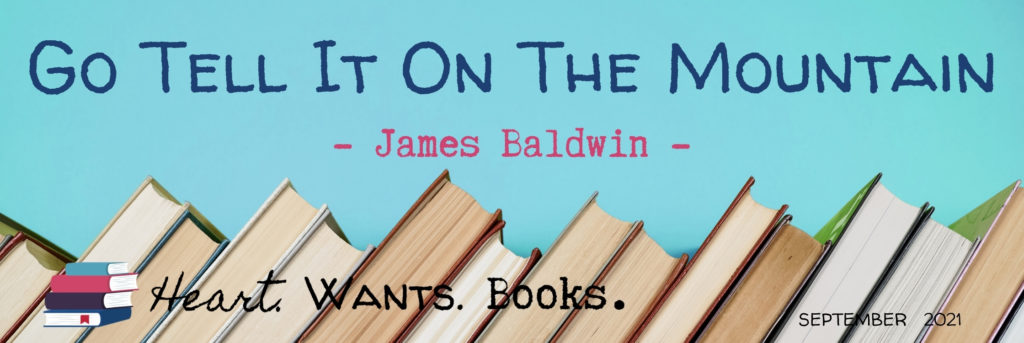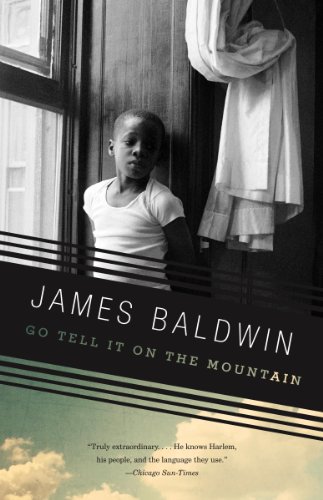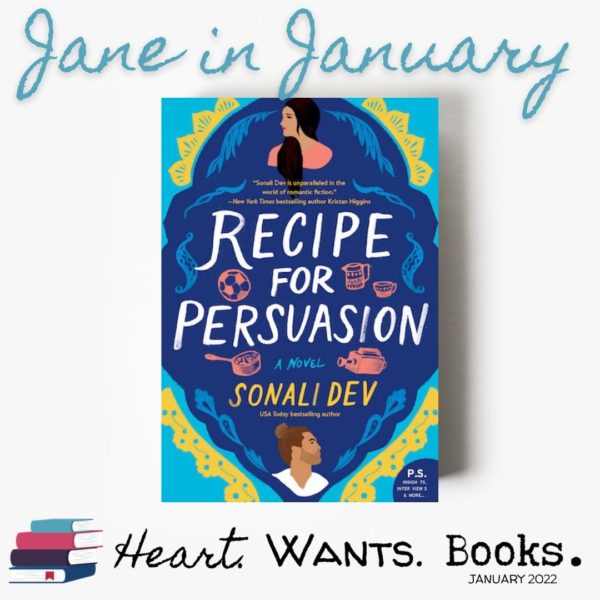Go Tell It On The Mountain by James Baldwin September 16, 2021


The following post includes affiliate links. More details here. As you’re doing your Amazon shopping, we’d be ever so grateful if you’d use our affiliate link to do so as it helps pay the bills around here!
Nikki writes below about discussing favorite Aunts at Virtual Book Club, and boy howdy do we have some Aunts who show up in Gilead! Join us TOMORROW, 17 September at 7:30pm central time by registering here to discuss Margaret Atwood’s duology of The Handmaid’s Tale and The Testaments.

Our second title for September’s Banned Books month is James Baldwin’s Go Tell It On The Mountain, which, like last week’s title The Absolutely True Diary of a Part-Time Indian, is a semi-autobiographical novel that focuses on the protagonist changing from childhood into young adulthood. James Baldwin was born at Harlem Hospital New York in 1924 and died in 1987 in southeastern France. A prolific writer his entire life, he published 6 novels, numerous essays and essay collections, multiple collaborative works with other authors, as well as plays and poetry. Baldwin is known for representing mid-19th century life, specifically in the black and LGBTQ communities. What I didn’t realize before reading Go Tell It On The Mountain, but Baldwin lived and wrote in France for the majority of his life, including this book, which could be considered his debut novel published in 1953. Unsurprisingly during his life, he neither confirmed nor denied his identity as a gay man, and returned home from France in 1957 to become involved in the civil-rights movement, a group known for it’s intolerance towards homosexuality. Baldwin toured the South and gave lectures at universities discussing the race situation in both the North and South. He notably marched with hundreds of others the 50 miles from Selma, Alabama to the capital of Montgomery in March of 1965. I make specific note of this because one summer I took a girls trip to Montgomery and we drove my Jeep that same 50 miles, across the Edmund Pettus Bridge. It’s not the same as walking it under protection of federal troops for legitimate political and social reasons, but our drive was an action taken in solidarity and remembrance. Posthumously, Baldwin’s works have been used as the basis for films, including 2018’s Academy Award Winning film If Beale Street Could Talk, based on the novel of the same name, and his unfinished manuscript Remember This House was the basis for Raoul Peck’s 2016 documentary I Am Not Your Negro.
Phew, that was a long biography, but Baldwin is one of the few authors we have written a post about who has died and I wanted to give his whole life representation, not just the young part of his life that is semi-autobiographically found in Go Tell It On The Mountain. In the novel we follow the few days surrounding Johnny Grimes’s fourteenth birthday as he celebrates his birthday by himself out in Central Park and at a movie then attends church where his step-father, Gabriel Grimes, is pastor. We get told the story of Johnny and his family through his family’s thoughts and prayers (heavy T’s and P’s) during the prayer service. We are told the personal histories of the only father he has ever known, his mother Elizabeth, and his father’s sister Florence. From these personal histories we learn the family trauma that begat the dark night of the soul which John must overcome during prayer service to find himself saved and confirmed in the service of the Lord Jesus. The style and symbolism of Baldwin’s writing is very cerebral, this is not a beginning, middle, and end plot structure. We jump from person to person as their story informs John’s inner journey. And that, dear readers is what I took away from this story. The generations of social, political, and economic trauma of black people are carried by every living descendant and that’s a heavy burden to have to bear. My favorite quote from the book confirms this theme:

Fear was upon him, a more deadly fear than he had ever known, as he turned and turned in the darkness, as he moaned, and stumbled, and crawled through darkness, finding no hand, no voice, finding no door. Who are these? Who are they? They were the despised and rejected, the wretched and the spat upon, the earth’s offscouring; and he was in their company, and they would swallow up his soul. The stripes they had endured would scar his back, their punishment would be his, their portion his, his their humiliation, anguish, chains, their dungeon his, their death his.
Was Go Tell It On The Mountain what I expected to read? Only on the basic premise and themes of the book, because to be honest I expected a more structured plot. Even though I was surprised by the structure, I was not disappointed in the reading. I can certainly see why the book was banned – sexuality, adultery, suicide, and the prevalent use of that vocabulary word with a negative connotation towards black people. And that’s not to mention the implied and stated hatred against white people and white supremacy. I’m going to give James Baldwin’s ‘debut’ novel 3.5 rounded up to 4 stars. I’m interested in the rest of Baldwin’s work but probably won’t go on a deep dive any time soon, especially if he has a penchant for such heavy themes.
What book have you read lately that has reminded you of the burdens others carry?
~Ashley
Confession time dear readers. This wasn’t the right time for me to read Go Tell It On The Mountain by James Baldwin, and it’s likely to show up in my thoughts on this novel. I knew (or remembered, you can pick) nothing about this novel, other than it was by James Baldwin, it was old, and it was banned. Published in 1953 originally, this is a story of perseverance in the face of great difficulty. As you might imagine, this story of a fourteen year old coming to faith (sort of, we’ll come back to that), through the lense of his complicated, tragic family history is heavy. Then you add in that he and his family are Black, and looking back to 1953, there’s more heaviness there. Ashley mentioned several of the reasons the book was banned – sex, language, suidice, word choice. She didn’t mention degradation of women (which is likely one of the reasons my timing was off – I read this shortly after The Handmaid’s Tale and those themes were a bit too close for comfort), nor did she mention, as this very interesting take on the banning of Go Tell It On The Mountain does, the portrayal of faith.

Johnny’s big struggle is to live up to his (step)-father’s vision of what he wants his (real) son to be, a man of faith just like him. We learn of the church Johnny attends with his family (which felt very similar to the contemporary church portrayed in Lamar Giles’s Not So Pure and Simple, and how they hold services, vigils, and support one another. Around this journey of just a few days, we also learn of two generations of struggles in Johnny’s family, as his (step) grandmother was a slave during the civil war, and his father and aunt were raised by a single Black mother in the South. We learn his mother’s history too, and that of her young life, and eventual move to New York. There have been a lot of Aunts in my reading life, and as of now Florence is my favorite. She may not get it right all the time, but she genuinely tries so, SO hard, and I respect that. (Perhaps we’ll discuss favorite Aunts in Virtual Book Club on Friday…remind me though.)
But what did I think about Go Tell It On The Mountain? The writing is beautiful, but just almost too much. When I read that it was Baldwin’s first major work, it made so much sense, this is his debut novel. The structure is creative, and it really works well. The themes are heavy and laid out, but the reader is left to interpret, which I appreciate, and the story had aspects of both a mirror and a window for me, which was really interesting. I’m giving it a solid 3, and while I’m interested in Baldwin’s other works, I doubt I’ll revisit this one. Overall though, I’m glad I’ve read it. I’m glad I have the experience of this novel and a good introduction to Baldwin’s work.
What’s a book that you’ve read and appreciated, but think you might have appreciated more at a different time?
~Nikki

PLEASE SUPPORT US WHEN YOU SHOP BY FIRST CLICKING ON THE IMAGES BELOW:








